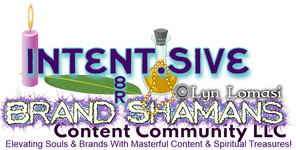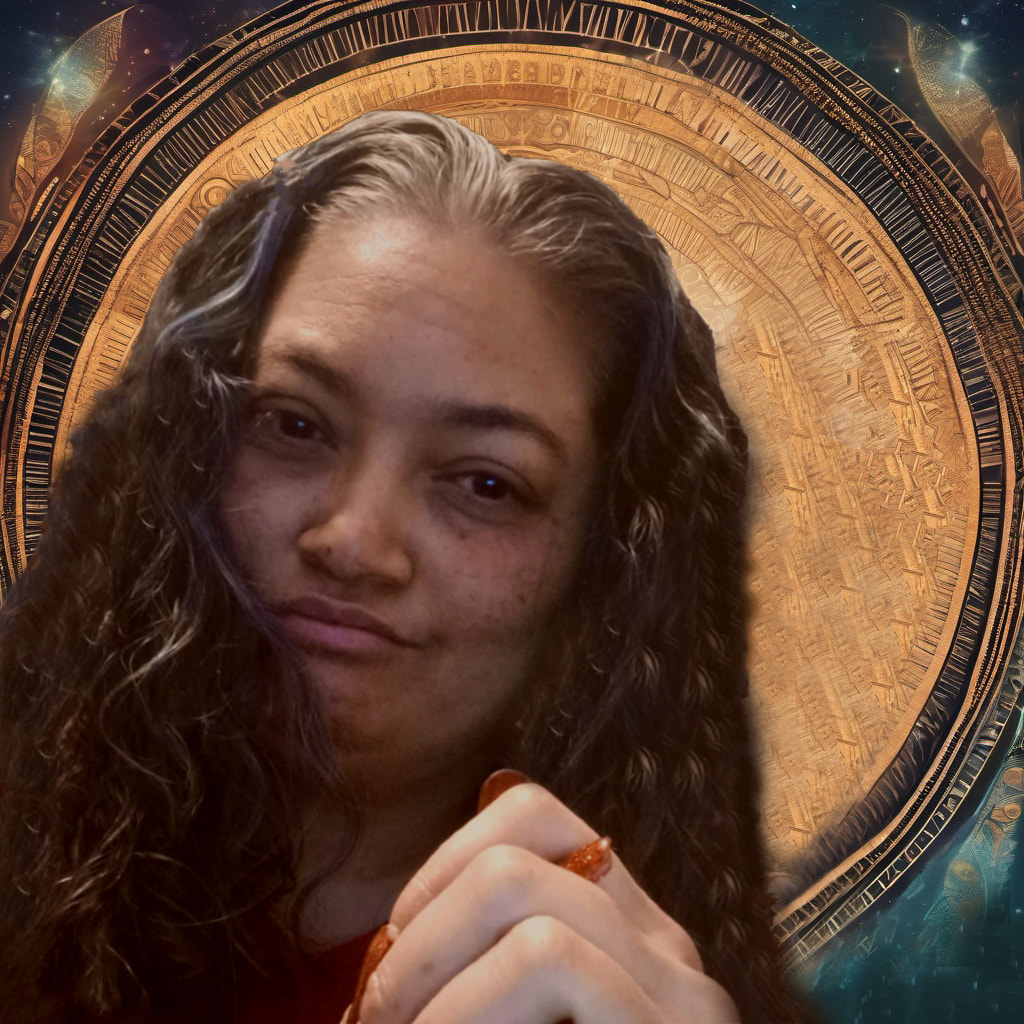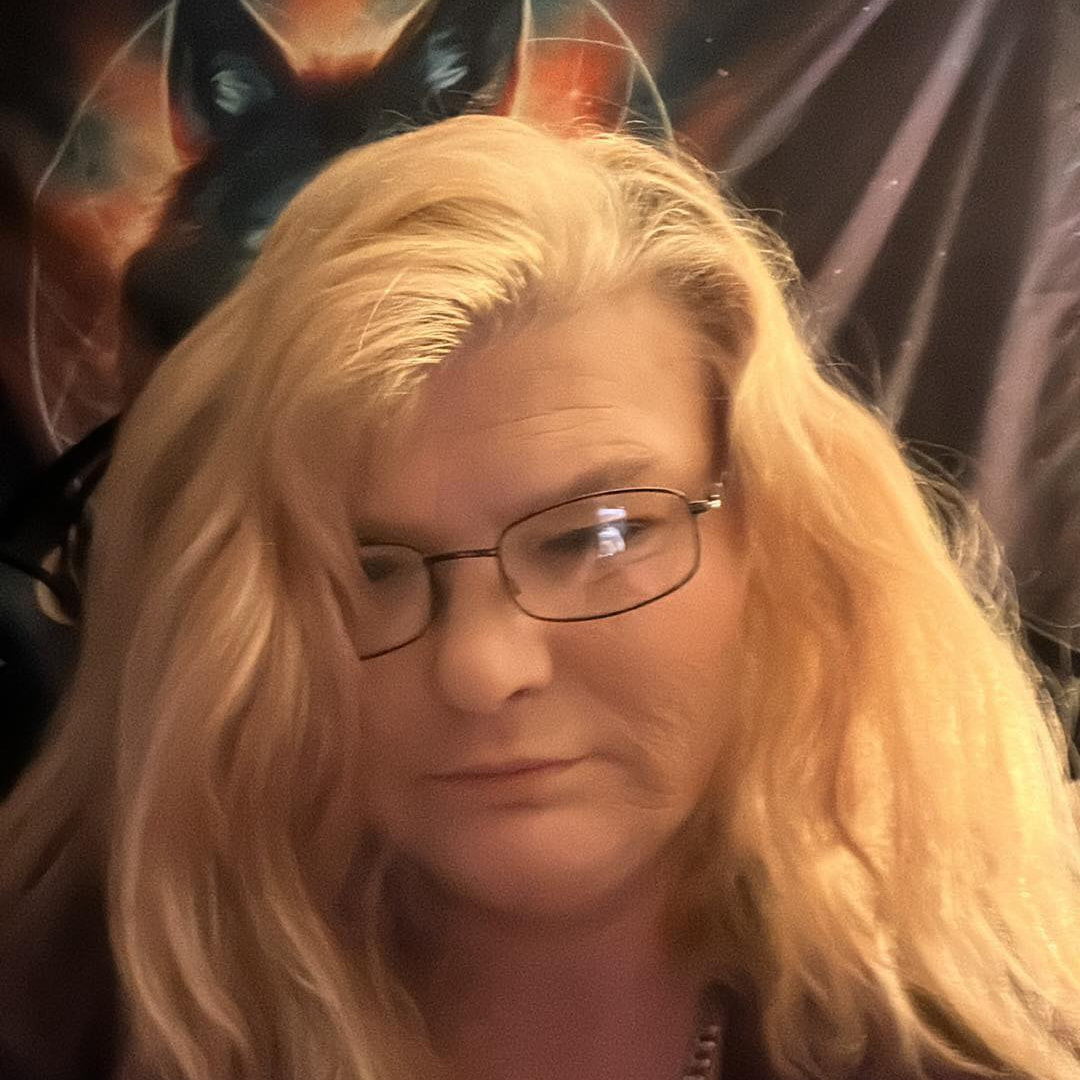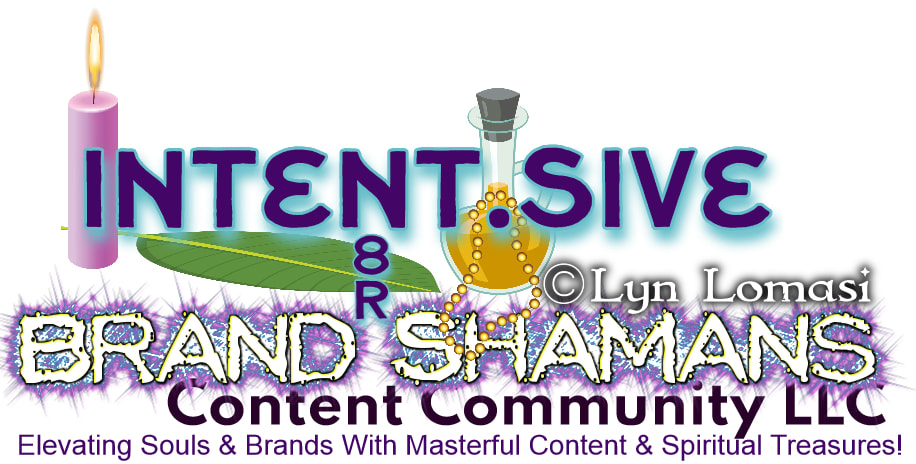|
by Joshua Packard, Fullness of Happy I just finished reading Book 7 of the "Harry Potter" series by British author J. K. Rowling. Overall, I think I would describe the stories as tedious and long winded, but ultimately delightful and satisfying. The series of very long child and young adult friendly novels is about the secret world of magic, wizards and witches, and the years they spend studying their magical craft and talents in the schools of wizardry and witchcraft, under the noses of the largely non-magical "Muggles", who are unaware of their existence for the most part.
Rowling's story is mostly set in the British magical school called Hogwart's. It begins with title character Harry Potter being put under the beastly care of his vicious aunt and uncle in law, after his parents are murdered by the evil and power hungry sorcerer Lord Voldemort, constantly referred to as He Who Must Not Be Named. Potter is notified that he is a wizard and will be attending the school of Hogwart's, which is under the management of noble wizard Dumbledore. Each of the novels describes the events of one year of time at the school, as various professors and fellow students are introduced and the progress of their education in the magical arts is elaborated. As the books progress, there is unfolded a plot of very sinister plans of the attempted return of the evil Lord Voldemort, and his scheme to create a world of Pure blood wizards and witches and the subjugation, eradication, and extermination of all non magical Mudblood and Muggle humans. The story essentially lays out a plot similar to the history of Eugenics, racial "cleansing", and other genocidal movements in the real life history of Earth. It turns out that Harry Potter is the one destined to end the evil plans of Voldemort once and for all. Helped by his friends, especially Ron and Muggle born Hermione, he seeks to understand the forces at work in this epic battle between the powers of evil and good, and figure out how to end the oppression that is taking grip over the world. There are many characters, and they are believable and interesting. I particularly like the character of Hermione, who although born of non magical human parents, is very talented in the magical arts and very astute. She loves to study, learn, read, and gain knowledge, and plays a very important role in the story and her intelligence and wisdom are very necessary to the success of Potter and his friends and allies. There is a great deal of mischief and elucidation of the various spells, jinxes, hexes, curses, and other magical objects and works that are available to the wizarding world. There is humor and silliness in abundance throughout, even as the plot begins to thicken and the story becomes more and more dark and the situation becomes very dire and dangerous in the later volumes of the series. The books are very long, some volumes extending to over 700 or even 800 pages, and, to be honest, at some points it is tedious and boring. I would say that the plot starts to become more interesting around the end of Book 4 (Goblet of Fire) and the beginning of Book 5 (Order of the Phoenix), but there is a lot of development of various characters, magical spells and lore, and there is a lot of dawdling and elucidation of typical nonchalant casual events and dialogue. I won't say it is unnecessary to the story. I think it helps to change the pace of the story so that when it gets interesting, you are rapt with attention, and as I got into the later books, I really wanted to know what sort of twists and surprises were in store. There are a lot of secrets to uncover, quests to conquer, and mysteries to solve, and by the end, the tapestry of all this mystery and adventuring is brought to what I consider a fairly satisfying conclusion and wrap up. When I began to read these stories, I only did so because they were extremely popular, especially amongst young children and adolescents, and I wanted to see what the big deal was. For the first few books, I felt like I was wasting my time, but as I delved further into the series, lent to me by a long time friend of mine, I began to notice that the story was more compelling and the theme more epic than I could have expected. Although I do not think the Potter series rises to the level of other fantasy stories written by British authors such as "Lord of the Rings" by Tolkien, and "Chronicles of Narnia" by C.S. Lewis, the Potter story was very intelligent and compelling. It is not just a popular story. It has been woven into the fabric of English literature and world culture, having been translated into many languages. It is a good demonstration of the power of universal love and critique of the evils of Eugenics ideologies and the philosophy and theology of genocide and racism. If you do decide to start reading, I hope you don't get bogged down in some of the sections where the action drags on. It is worth it to slog through the slow parts and ultimately read it to its dramatic conclusion. At the time of this writing, I have only seen the first four films. I might update this after watching the rest. The only big criticism I have of the movies so far is that there can seem to be a tendency on the part of many of the actors, particularly the extras and minor characters, to overact their parts. But it is OK, I think. The story, while serious in many ways, has its elements and threads of comedy and silliness, which probably anyone acting in would have the tendency to overdo. I expect that the rest of the films are even better, and become more interesting as much as the books progress in their intrigue and ability to grab the attention of the reader. Also, the films have great special effects and visual profundity and beauty and imagination-inspired. The visual effects bring the text to life in a wonderful way. And the sound and music is well composed. If you decide to read the books or watch the films, and I recommend both, as a result of reading this review, I hope that by the end you do not regret having done so. You can find the complete series of Harry Potter books, as well as the Harry Potter movies on Amazon.
0 Comments
by Joshua Packard, Fullness of Happy  I recently watched the final movie installment of the "Hunger Games" trilogy, after having read all three books and watched the first three movies. I think I read the first book, then watched the first movie, and then I read the second ("Catching Fire") and final ("Mockingjay") before watching the last three movies. At the time, I believe that the books were free to borrow on Kindle to Amazon Prime members. First off, I will say that I believe the books are much better, much more interesting, than the movie versions. But also, I do not think these stories are very great. They are somewhat mediocre, and I had the hope for something more that was not satisfied. This is one of those works of fiction that I can't really seem to put into words what it was I didn't really like about it. It is not horrible, but just leaves me feeling like I didn't get much out of it. I thought it was worth reading, although I probably would've been better off not watching all the movies. This is one of those books/movies that I watch simply because it is popular and I want to know what the big deal about it is. At least I can say I gave it a shot and wasn't impressed. The story is of a dystopian future, where the citizens of Panem, are split into districts and are forced to send their children into an arena like competition where they have to kill each other off, to win the prize of food for their district. It's a pretty gruesome concept, but I suspect that people like the books and films because they enjoy the gruesome violence instead of abhorring it. It's cool to put a bunch of kids in an arena and have them kill each other off, and in different and exciting ways as well. At least, that is the feeling I get out of it. It reminds me of the game Mortal Kombat, where the best part of the game is to watch characters perform bloody vicious Fatalities where they rip off their limbs or cut them in half or crush their skulls or or set them on fire or whatnot. Perhaps Hunger Games is criticizing violent competitions such as this, but I just have the suspicion that part of the fun and popularity of the series stems from the excitement of watching people killed in different ways. I do hope that we never actually come to a point where games and competitions such as this are tolerated and enacted. Let the Hunger Games serve as a warning to us and future generations such that we never actually enter an era where games such as the Hunger Games are thought to be fun or cool or entertaining. Overall, it is worth reading. It is less worth watching, except for the ability to have a visual presentation of the events. I think all the actors in the film versions do a good job, and the effects and everything can bring a little life to the story as it is translated from written novel to full blown motion picture. Read it, watch it. Let me know what you think of it, what it is about, and if you agree of disagree with some of my hypotheses about the usage of the violence in the story. These kinds of stories are becoming very popular today, with franchises such as "Divergent", and "The Maze Runner" and I am sure there are more and will be more of these dystopian survival stories in the future. Let me know if you are aware of any similar stories, especially if they are better than Hunger Games or other such stories. I would love to read different takes on this kind of theme. The Hunger Games trilogy in book form can be purchased here. by Joshua Packard, Fullness of Happy  This is the first of a regular column I intend to write called "Psyched". The entries will deal with books and other media having to do with psychology, psychiatry, mental health and illness, neurology, and basically anything having to do with the mind and what makes it work healthy or fail to work. I am considering going back to school to study Psychology, because I want to do something that contributes to the improving and well being of those who suffer from mental illness and those who care for them. Let me know if there are any books or other media which you think I should read and possibly review here. With that said, here is the first entry to my "Psyched" column. I want to recommend that anyone in the area of psychology, psychiatry, therapy, neurology or any other field dealing with the brain and mental health read the book "Change Your Brain, Change Your Life" by Dr. Daniel Amen. I will just get straight to the point about why this book is a must read for anyone who may be diagnosed with a mental condition or seeking to improve the mental conditions of their lives. Dr. Amen does not just focus on cataloging symptoms and attempting to make a diagnosis that fits the criteria compiled in a non brain connected guidebook such as the Diagnostic and Statistical Manual of Mental Disorders. Dr. Amen makes use of brain scans called SPECT in identifying what kind of brain activity (or lack of it) is going on in patients who are referred to him. Dr. Amen makes the connection between the brain and mental illnesses or disorders or behavior problems. His use of brain scans, while not the only factor in diagnosing and treating various conditions, makes psychiatry into an actual physical science of the brain. It is no longer subjective guessing game where the only evidence used to identify what is going wrong is through external behavior. Dr. Amen can show a patient the difference between normal brain activity and the abnormal activity, or hyperactivity, of various parts of the brain involved in different kinds of mental and emotional and physical behavior and health. The praise I give this book is simple. If my experience with the psychiatric and mental health fields had involved brain scans such as Dr. Amen does, and connected the brain difficulties and mental symptoms I have to something physical in the brain, I would not have been so resistant to getting involved with psychiatrists, therapists, and psychiatric medication. Today's psychiatrists claim that mental illness is a condition of the brain, but do not use any kind of scan or test or brain imaging to help identify what exactly is going wrong with the brain, what areas of the brain are overactive, or not active at all. Psychiatrists should look into Dr. Amen's work, and try to incorporate brain scans into their diagnostic considerations and also in determining what treatments, and medications are best to promote optimal brain health for their patients. I would not have been so resistant to taking medications if the criteria and methods used for determining my diagnoses and what regimen of treatments and medicine were based on brain science and actual evidence of what is wrong with my brain. Today's psychiatrists don't do that. They base everything on externals, such as behavior or symptoms, and do not actually look at what is actual going on, or not going on, in the brain. If you work in the psychiatric or mental health field, read this book. If you or someone you know has a mental illness, and especially are resistant to working with psychiatrists, therapists, or taking medication, read this book. This is a book anyone concerned with having a healthy brain should read and recommend to the other people in their lives to read. Get a copy, get 10 copies, and give them to your doctors, therapists, friends, family, church leaders, etc. I can't recommend this book any more highly than I do. I plan to read Dr. Daniel Amen's other books as well. Hopefully, I will be able to write reviews for them, as well. |
Book News, Reviews, & Info
Archives
November 2018
Categories
All
|
- Brand Shamans
- Brand Healing
- Inner Healing
-
INTENT-SIVE NATURE
- Content & Brand Elevation
- Healing Jewelry & Talismans
- Bath, Beauty, & Self-Care
- Healing Sessions
- Rituals, Herbs, & Altar Supplies
- Gawwwdess Baby Boutique
- Soul Flame Gifts
- Yoga & Meditation
- Books & Media
- Education & Homeschool Resources
- Home, RV, & Decor
- Clothing
- Pets
- Custom Orders
- Monthly Subscription Boxes
- October Festivals
- Herbal Intent
- FLOW-Key Parenting
- About & Contact
- RV, Nature, & Travel Shamans
- Souls Within
- Life & Home
- Heart 'N Mind Homeschool
- The Homeschooling Mommy
- Books & Authors
- Speak Up!
- Pawsitive Pet Parenting
- Manifesterz
- Gifts In Minutes
- Brand Shamans
- Brand Healing
- Inner Healing
-
INTENT-SIVE NATURE
- Content & Brand Elevation
- Healing Jewelry & Talismans
- Bath, Beauty, & Self-Care
- Healing Sessions
- Rituals, Herbs, & Altar Supplies
- Gawwwdess Baby Boutique
- Soul Flame Gifts
- Yoga & Meditation
- Books & Media
- Education & Homeschool Resources
- Home, RV, & Decor
- Clothing
- Pets
- Custom Orders
- Monthly Subscription Boxes
- October Festivals
- Herbal Intent
- FLOW-Key Parenting
- About & Contact
- RV, Nature, & Travel Shamans
- Souls Within
- Life & Home
- Heart 'N Mind Homeschool
- The Homeschooling Mommy
- Books & Authors
- Speak Up!
- Pawsitive Pet Parenting
- Manifesterz
- Gifts In Minutes


 RSS Feed
RSS Feed




